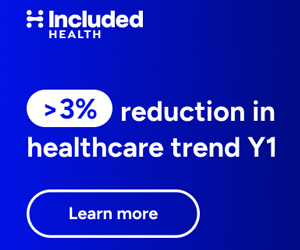Claudia Chaufan teaches sociology of health and medicine and health policy at UC Santa Cruz,. and is Vice President of California Physicians Alliance, the California Chapter of Physicians for a National Health Program, which argues for a single payer system. What does she think of ArnieCare–which looks like it suffered a fatal blow in a California Senate committee yesterday? You can guess but read on….
Doesn’t everybody agree that the American health care system is broken, that too many are often an illness away from bankruptcy or go without medical care altogether – and up to 18, 000 die each year for that reason? If so, have some of us lost our senses when opposing the “Health Care Security and Cost Reduction Act”, or ABX1 1, according to the New York Times, a “bipartisan blueprint to bring near-universal coverage to the most populous state”? Are we driven by ideology, callously ignoring that this “ambitious” legislation has the potential to expand health coverage to 3.6 million Californians without raising any taxes or creating new ones?
Some would argue that we are. But be warned: when something is too good to be true, it is probably not true. For instance, some of us are concerned with the fantasy numbers of Governor Swcharzenegger and Assembly Speaker Fabian Nunez, proponents of the bill, who, if they at all bothered estimate the costs of the bill, conveniently stopped their estimates by the fourth year. As legislative analyst Elizabeth G. Hill pointed out, assuming that the $250 premium level proposed by the bill is realistic (Hill thinks it is not), revenues will cover the costs of the first year of operation of the program, but by the fifth year annual costs will exceed revenues by $300 million. So in the best case scenario, five years from now we will be facing the same, or worse, problems we do today.












